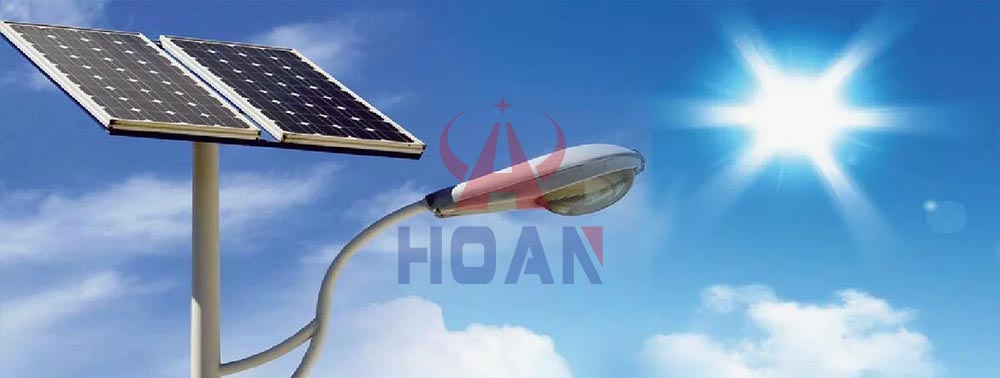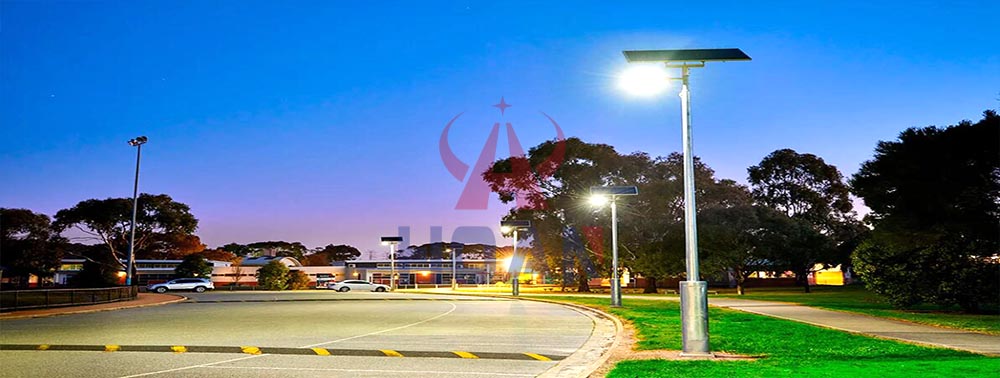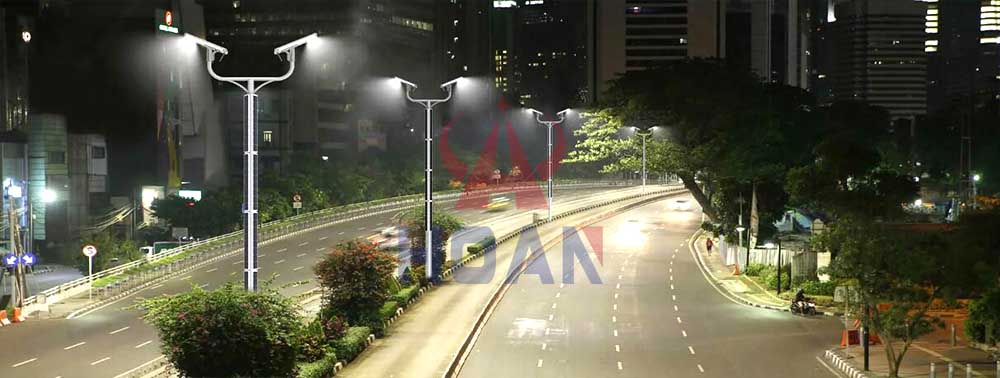On Nigeria's urban roads,
Solar Street Lights not only ensure the safety of driving at night with their powerful lighting capabilities, but also become a powerful tool to promote green development with their unique environmental benefits.
The working principle of
Solar Street Lights determines its unique environmental protection. During the day, they use solar panels to convert solar energy into electricity, which is stored in built-in batteries. At night, this stored electrical energy is converted into bright light to illuminate the road. The entire process requires no external power supply, produces no pollution, and truly achieves zero emissions.

Compared with traditional street lights,
Solar Street Lights have significant environmental benefits. First, they do not need to rely on electricity produced by fossil fuels, thus avoiding the greenhouse gas emissions produced by burning fossil fuels. This not only helps slow down the trend of global climate warming, but also contributes to Nigeria’s sustainable development.
Secondly,
Solar Street Lights have lower maintenance costs. Because they do not rely on an external power source, they are less susceptible to power failures. At the same time, the long service life of LED light sources reduces the frequency of replacement and maintenance, further reducing the pressure on the environment.

In addition, the promotion and application of
Solar Street Lights also help to increase public awareness and awareness of environmental protection. With the popularity of
Solar Street Lights on roads in Nigerian cities and towns, people will become more aware of the importance of renewable energy and become more actively involved in environmental protection actions.

In short, the application of
Solar Street Lights on Nigerian urban roads not only improves the safety of driving at night, but also injects new impetus into Nigeria's green development with its unique environmental benefits. With the continuous advancement of technology and reduction of costs,
Solar Street Lights are expected to be more widely used in the future and make greater contributions to environmental protection in Nigeria and even the world.


